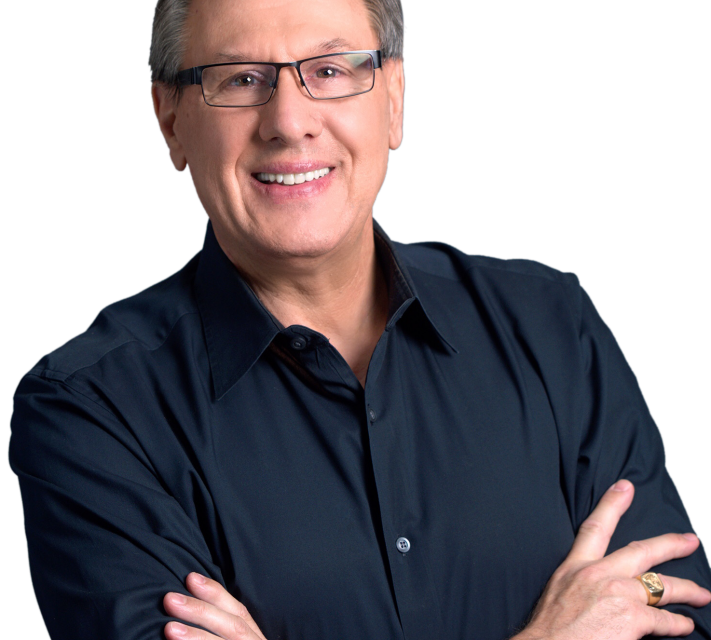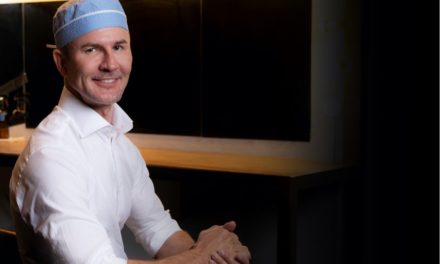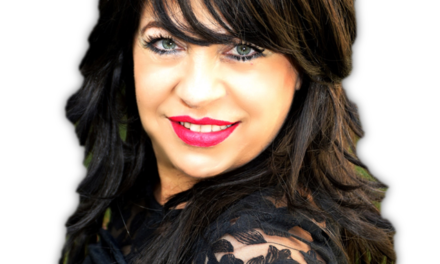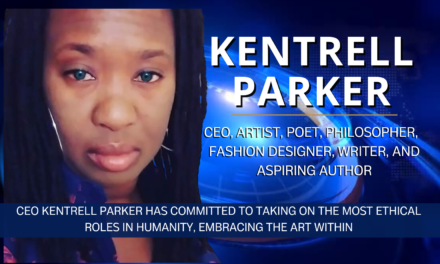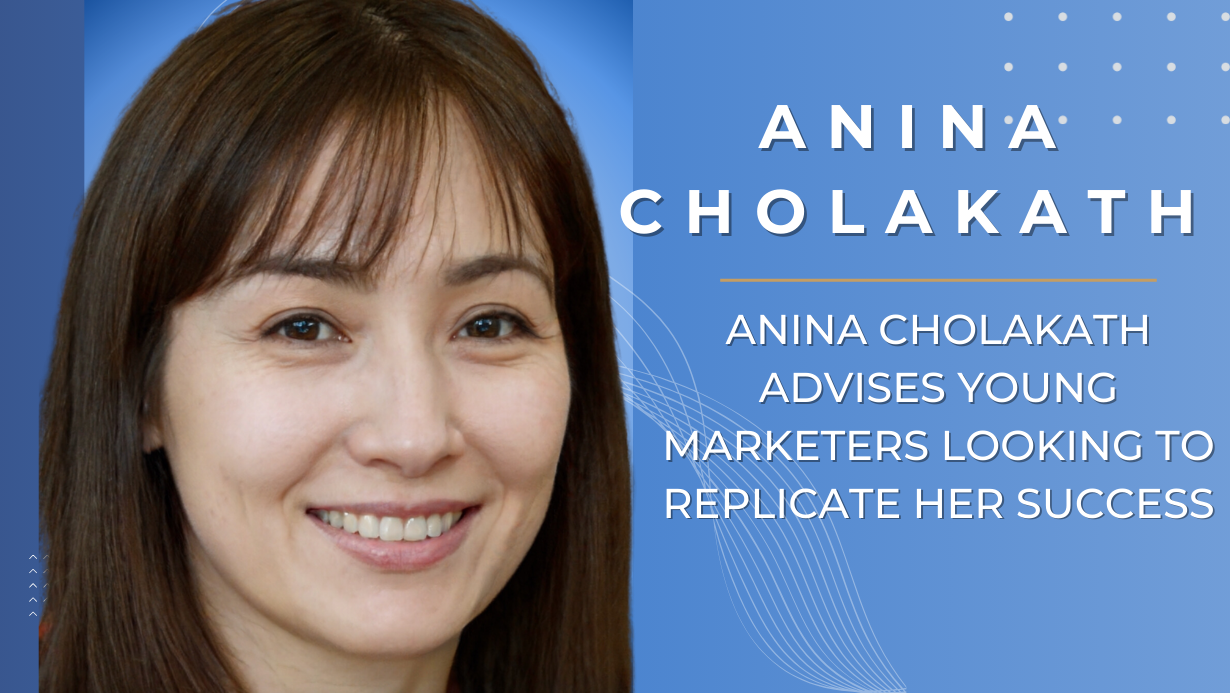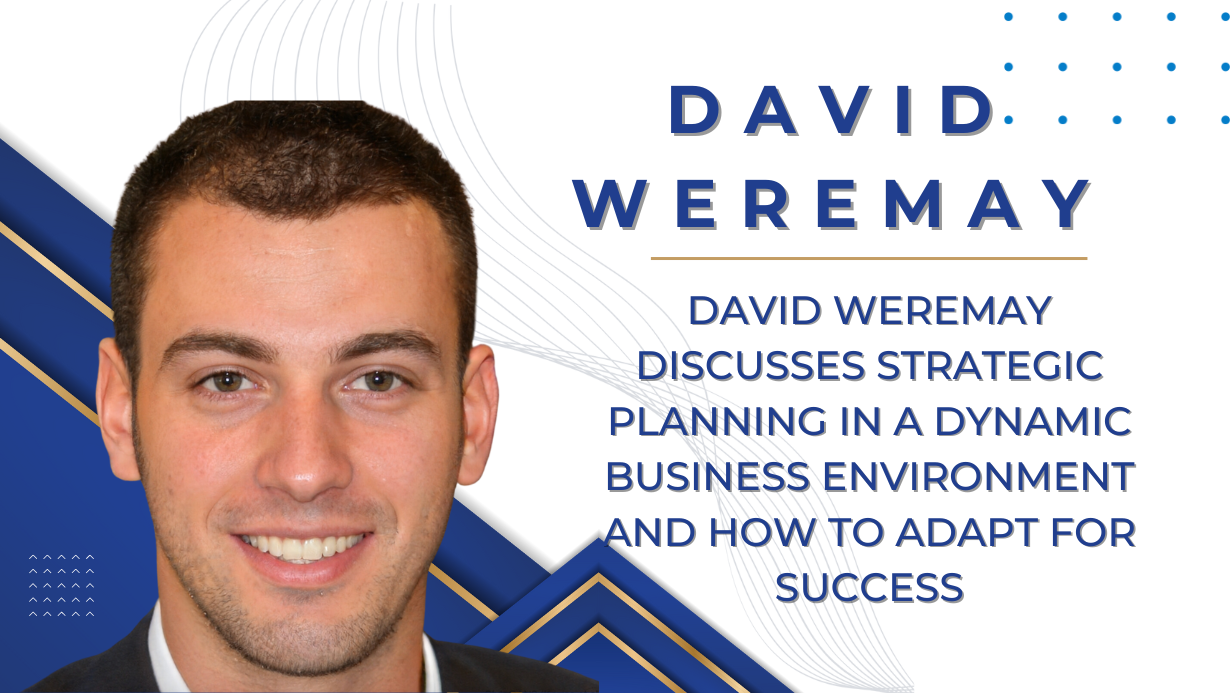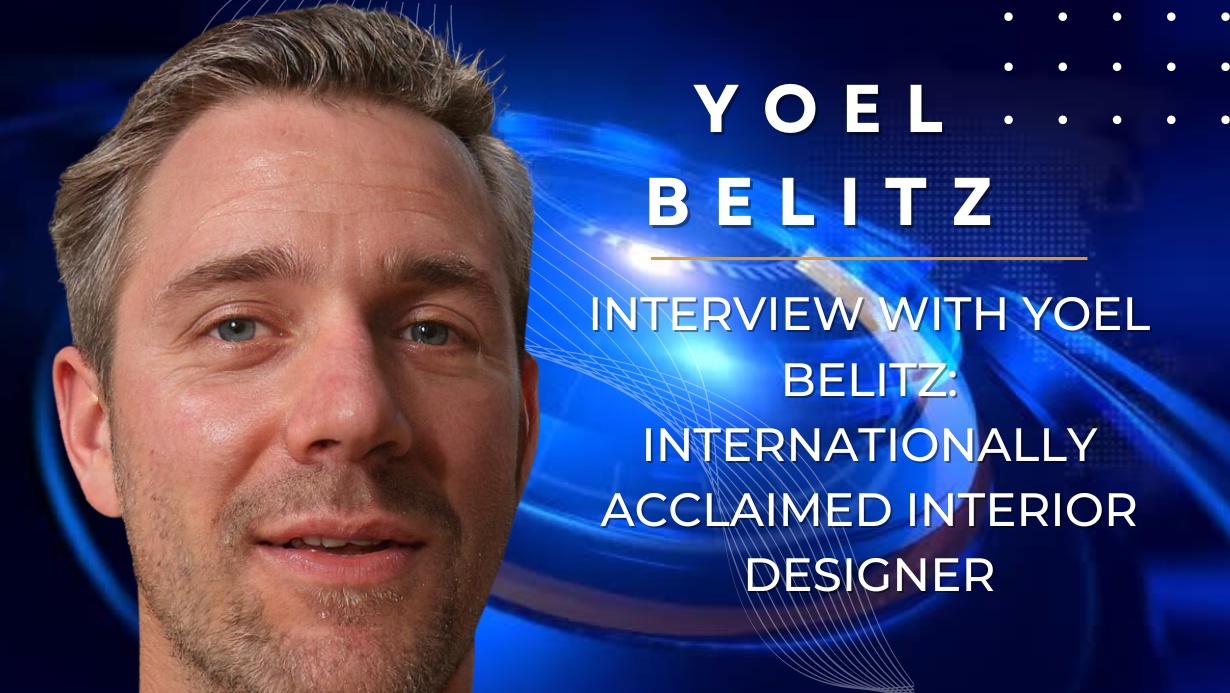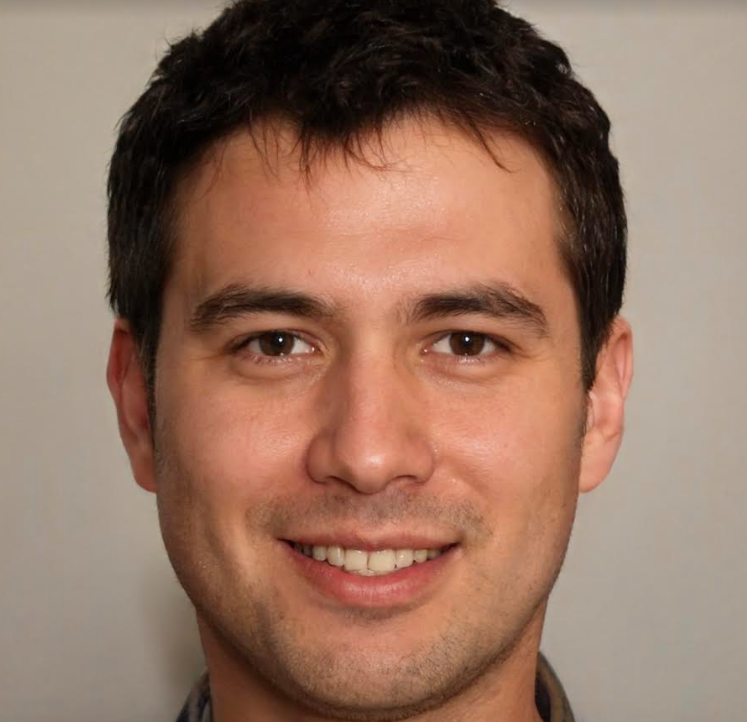
by Tony Durso
Undoubtedly, the best and fastest way to obtain a world-class podcast is to do a full-scale Vision Map™ as outlined in previous magazine editions.
The only way to get something is to really want it, to visualize it and to take steps toward obtaining it, isn’t that right?
I have only ever met a few people who had everything set up and planned for them (usually by parents) where money was no object. We probably all know a few people who had family money at their disposal to get something done. However, even if you have a lot of money and hire someone (s) to do the work, then you are paying them “to really want it, visualize it and take steps toward obtaining it,” isn’t that right?
Having A World-Class Podcast
Truth be told you can have a world-class podcast in months.
The steps are many and through amazing mentors, and the school of hard knocks, I learned a lot of solid points that will get anyone there sooner, rather than later (or never). Over 3 million downloads and the number one show on VoiceAmerica Influencers Channel is my testament to that, aside from a long list of testimonials and a great number of fans. it is impossible to give you everything in one article as it takes months to put all of these steps in place. I will do my best to cover key points, nonetheless.
The parts you need to address cover setting up a good podcast, promoting it and monetizing it. You won’t get far without a good set up, thus this article will focus mostly on that. Make sense? Open up a word or text document on your computer or laptop and start taking notes. Even if you have an existing podcast now, go through these points to ensure its complete.
Let’s begin.
What Are You Good At?
If you want to podcast about anything connected to your existing business, then perfect.
If you want to podcast about anything which you are passionate or knowledgeable about, even if there is no business around it, then that is also perfect.
What are YOU good at?
The answer to that is the topic or theme of what you will podcast about. Make sense?
Who Will Listen?
Who will listen to your podcast?
Presumably, it is people who are either passionate about your topic, or very interested to learn more about it or find it entertaining, and so forth.
Who are they?
Work that out right now: Who will Listen to Your Podcast? Are they men, women, children, seniors? What age group? What countries, and so forth?
Start working that out so that you get to identify and know who your audience is that you want to target.
So, who will Listen to Your Podcast?
Who’s your avatar?
Format and Length
The time length of the podcasts ranges widely today.
Some school of thoughts say a few minutes of length because “people have short attention spans.”
Some school of thoughts say the length can be hours long because of the content and variety you provide to your audience.
Anything is workable if it’s right for your audience, correct?
If you are going to instruct and give one item per episode, then maybe a short quick show is right for you.
If you interview one person, let’s say about business or motivational topics, then perhaps 30 or so minutes is workable.
You could imagine that audience member driving to and from work while listening to your show, working out, jogging, walking the dog and 1000 other activities while listening to you.
With key celebrities and household names, maybe an hour show works.
You want to be consistent and do something your audience will expect.
If you run 5-minutes shows, then your audience will be thrown if you do 60-minute episodes now and then. People actually plan out their time to listen to your show because they know the approximate length. I had a successful 30-minute show that focused on one elite entrepreneur.
I started a second show focusing on celebrities and VIPs that was an hour long. This was also successful. Then, I took the plunge and combined both shows into one-hour long episodes, where I normally interviewed two people ranging from business to entertainment.
The result? I gained 10s of 1000s of new followers that came out of the woodwork. Go figure.
What format and length are right for you?
Audio or Visual?
Do you expect your intended audience to sit there watching the computer or mobile phone while listening to your instruction on how to do something?
Or is your audience on the go and would appreciate an audio show only or visual for the deaf?
Audio or Visual or both?
How Often?
I’ve seen successful shows go 7 days a week. I’ve seen successful shows go 1 day a week. The key is to be consistent so that your audience always knows what to expect. Part of this is your guarantee: If you want to do a show every day, can you really commit to that no matter what? If you run a good business and want to use the podcast to bring clients to you: I have seen those podcasters run a show once a week. That seems to work for them.
For me, putting out a one-hour episode once a week is about 4-5 day’s worth of work, which includes promotion, working with sponsors, and so forth. —Don’t cut yourself short. It’s better to start with one podcast a week, let’s say, and get that rolling well. If all is fine and you can handle more, then it’s easier to add on and grow more shows and audience that way. At least, that’s how I think.
How often are you going to podcast? Do you have or can you get enough material or guests to guarantee that schedule?

The Quality Aspect
There is a quality aspect at this point that is critical to have a world-class podcast. There needs to be consistency in the show format itself. No doubt you watched some TV in the past? Or perhaps you are subscribed to some video shows?
Everyone starts their show differently. Some have music, some don’t. Some have wild graphics. Some are plain. You need to look at your podcast from an artistic point of view, in a way.
Is the show format appealing? How does it start? Does someone else provide the introduction? The questions and answers to this section are numerous and not possible to cover in a chapter.
Many good podcasts that I hear start off with an announcer (not the host) introducing the show. And many have a short burst of music, possibly 10 seconds maximum, before the host comes on the air. I’ve heard some podcasts that I quickly shut off and will never listen to again if I find it abrasive or too low-quality for what I want to listen to (poor sound, obnoxious music, poor intro, hard to hear and so forth). If the quality is way below your standards, do you think the content will be? Usually, it’s not, right?
There are many different versions and styles. What’s yours?
Get a mentor to help you set up these points, or critique what you have. It is worth the money with the resultant growth in audience, sponsorships, and business, depending on your objective.
Quick Recap
At this point, you know exactly what you are going to podcast about, the length, the format, the audience, the works. Right?
Combine these steps with Your Vision Map™. Do Your Research. Work out Your Strategy and Tactical steps to accomplish.
Everyone’s podcast is different, which makes it difficult to give strategies that are one size fits all. You have to align all of these points with Your Vision, Purpose, and Objective.
There’s a lot more to the above, but let’s say you now have a working podcast that is doing all right. You publish on a regular set time. Your format and length are all good. The people who listen to it, or critique it tell you it’s acceptable to roll out.
Let’s also assume at this point that you are organized and there is no lack of guests or material for you to cover…everything is sustainable, and you can keep doing it. —Perfect. (When I started, I did not know anyone as I came from a different industry. I started inviting guests right off of social media, and my guest list grew tremendously. It is too easy to get guests. Hop on social media and start inviting.) OK, now you have all of the above in place and you just want to grow the audience and monetize it. Let’s go there next.
Growing Your Audience
My main method of growing my audience should be no surprise to anyone. It is through social media. The top social media platforms are at the top for a reason. I use the main 4 or 5. Early on, I decided it was not a strategy for me, to promote my shows on the seemingly 1000s of social media platforms out there. It’s almost impossible actually and doesn’t really seem to build a following, so I never tried it.
I picked the top platforms, grew my followers there, and then connected my followers to my shows as a result of posting about my shows. I get the majority of my audience from Twitter, LinkedIn, Facebook and Instagram. I find people want more personal news on Facebook, so I only post once or twice a week about a show there and that’s it. I only post one or two times a week on Instagram and
LinkedIn. This is only due to the sheer effort to build a strong audience and engage with them.
If you have a helper or a social media manager, then cool, you can do a lot more with this. I found that I could reach more people on Twitter, and as this group is my largest, not every one of my followers reads all of my posts all of the time, because the posts are more like a rolling news feed. Thus, on Twitter, I found it workable for me to send out a few posts a day, gathering more followers, and gathering more audience for my podcasts. There are also acceptable-use techniques on Twitter that I employ to grow followers and audience.
Choosing Your Key Platform
You have to find what is workable for you, and also how big of an audience you want. For example, the maximum size of a personal Facebook page is 5000. Thus, if you have 5000 friends on Facebook, this may be a great strategy for you if your episode downloads are not at 5000 per show. If you run a business and are barely off the ground audience-wise, then look to LinkedIn. That is easy to grow and easy to engage, especially in small amounts. —Would 1000 loyal engaged followers bring you more business revenue? If so, then focusing heavily on LinkedIn may do it for you.
For me, I found Twitter helped me grow enormously in both followers and audience and is my favorite platform. Your posts may be different. For me, I give out the title, who is being interviewed and what they are all about. Then I give the URL of the show. Then I give any more information up to the character maximum. Right or wrong, that works for me for my shows.
Pick the platform that contains the majority of your target audience and go after it.
Monetizing Your Podcast
This is by far the most important part of podcasting as bringing in revenue makes it worth it. This is probably part of why you started or are going to start podcasting in the first place. The ways to monetize are many. Numerous.
My biggest sponsor was obtained when they sent me an advertisement through email. Instead of deleting or unsubscribing, I emailed back about my show and that I would love to do a commercial on them. The result was a large contract. There are also companies that are looking for strong podcasts that have a steady audience. Usually, these companies will tell you that they are looking for podcasts that consistently have 5,000 downloads. I found that’s not quite the case. I did not start getting sponsors from podcast advertising companies until I was consistently hitting over 10,000 downloads. And some sponsors will want higher consistent download numbers.
Search Podcast Advertisers
Simply search for podcast advertising networks and you will find a long line of them. —I use several that bring sponsors to me on a consistent basis. Before bringing you on board, a podcast advertising company will want to see a consistent range with documented evidence.
Some advertising companies may offer to put the code on your podcast, and they will change the commercials as needed. —While that sounds good, I never went this route, probably because I can make more through other methods. Overall these companies will take some 20-30% of the advertising revenue. Keep that in mind. —You may be offered, let’s say $250 an episode, but you have to take into account that the podcast advertising company will take their share out of that. Each company takes a different amount, and it is known in advance and never a surprise. It’s usually in the 20-30% range.
If you need help getting consistently over 10,000 downloads per episode, I can help you achieve that. This is years of experience in a few words. I do hope this helps. If you want more assistance on building, maintaining and sustaining a world-class podcast, get with me at www.tonydurso.com. Happy podcasting. ~Tony S. Durso
FB: @Tony S Durso LinkedIn: TonysDurso Twitter: TonyDurso
Tony DUrso was born in Sicily, Italy and came to the U.S. at age three. At five, he operated as a paper route boy in Chicago. For ten years, he gave every penny to his parents to help support the family and to pay for his education.
At nineteen, Tony made his way into the business world and learned through the school of hard knocks. He made impressive, record-breaking sales forays into real estate, collectibles, and other varied industries.
His accomplishments, among many others, include raising $3.25 million in a six-month period for a start-up business.
Tony’s latest and fourth book, “Elite Entrepreneurs” topped the Amazon Bestseller List at #2 on its first-day debut.
Academically, he graduated in the top one percent in the nation as a Summa Cum Laude graduate of La Verne University with a degree in Business Administration.
Tony is the self-styled “Dream Business Maker” and hosts the popular show, Revenue Chat Radio, which achieved over One Million Downloads in its first 2 years! Revenue Chat focuses on Elite Entrepreneurs who give their insight and best advice to the audience. This show is syndicated predominantly on iTunes and Mobile (open this link from smart device). Listen to Revenue Chat. Revenue Chat Testimonials
Tony also hosts a second weekly talk radio show, The Spotlight on the Voice America Influencers Channel, giving Tony a prime time one-hour weekly show. Voice America has a growing audience anticipated to reach 10 million. The Spotlight focuses on Hollywood Stars, Game Changers and World Renown VIPs who tell how they made it to the top, and provide their Best Advice to listeners. Listen to The Spotlight.
